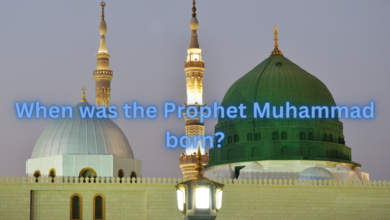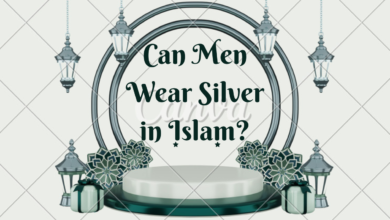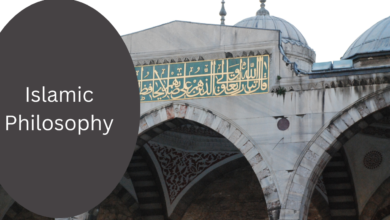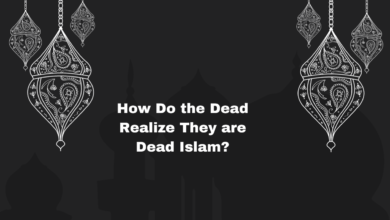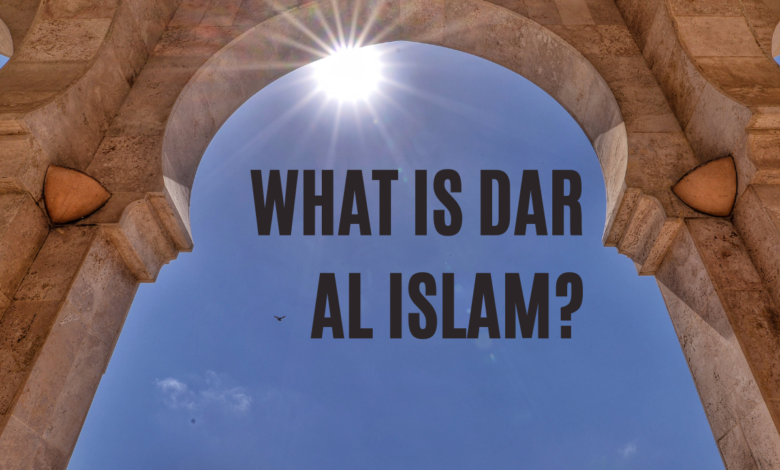
What is Dar al Islam?
Dar al-Islam translates to “the abode of Islam.” It refers to regions where Islamic law (Sharia) is the foundation of governance and where Muslims can freely practice their faith.
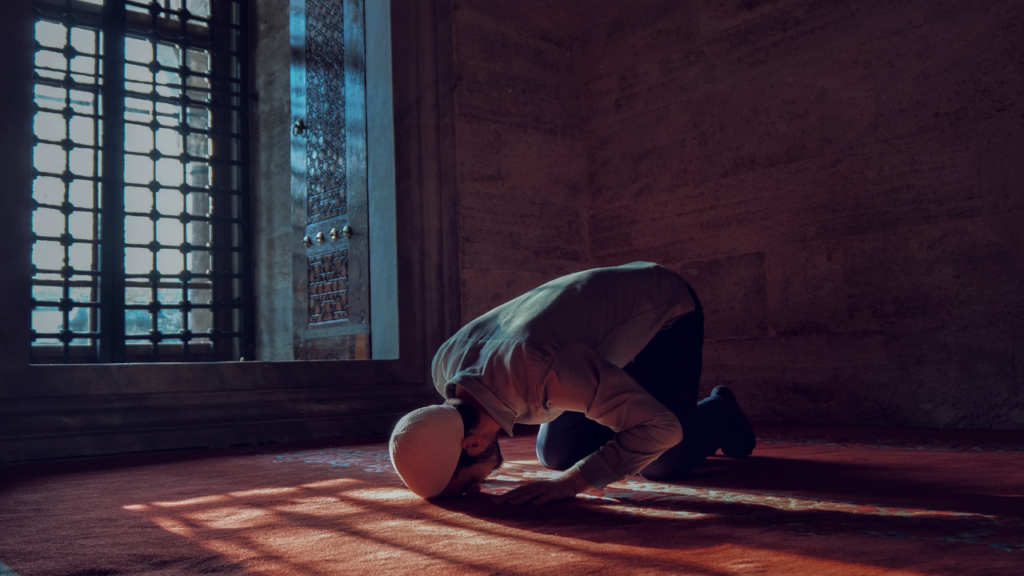
Introduction
In a world brimming with diverse cultures and religions, Islam stands as one of the major faiths with a rich historical and cultural landscape. Central to its tradition is the term “Dar al-Islam.” This concept is not just a phrase; it’s a window into the soul of Islamic civilization. But what exactly is Dar al-Islam? Let’s delve into its meaning, origins, and implications in a way that’s perfect for those just starting their journey into understanding Islamic culture.
The Meaning of Dar al-Islam
Dar al-Islam translates to “the abode of Islam.” It refers to geographical regions where the laws of Islam, known as Sharia, are established and practiced as the fundamental legal framework. It’s a realm where the Muslim community, or Ummah, can live under the sovereignty of Islamic law.
Also check.
- What is Confucianism?
- What is Judaism?
- Where is Taoism Practiced?
- What does the Word Muslim Mean?
- What is Haram?
Historical Roots
The concept dates back to the early years of Islam, reflecting the political circumstances of the time. As Islam spread across the Arabian Peninsula and beyond, the division of the world into Dar al-Islam and Dar al-Harb (the abode of war) became a way to describe Islamic governance’s reach.
Dar al-Islam in Contemporary Context
Today, the term is more nuanced. It can denote any state or country where Muslims are free to practice their religion. It’s not just about political borders but about the cultural and social practices that align with Islamic teachings.
The Significance of Sharia in Dar al-Islam
Sharia law, which encompasses all aspects of a Muslim’s life, from personal conduct to criminal law, is central to Dar al-Islam. It’s derived from the Quran, Hadith (sayings of the Prophet Muhammad), and centuries of scholarly interpretation.
Life in Dar al-Islam
Living in Dar al-Islam means that public life resonates with Islamic values. From the call to prayer echoing through the cities to the celebration of Eid festivals, Islamic practices are woven into the societal fabric.
Understanding the Misconceptions
It’s important to address common misconceptions. Dar al-Islam is not about exclusion or compulsion; rather, it’s about the freedom to practice Islam. Many countries that fall under this definition are diverse and uphold the rights of non-Muslims.
Dar al-Islam and Global Muslim Community
The global Muslim community is not confined to the boundaries of Dar al-Islam. Muslims around the world, whether in majority or minority settings, are part of a broader Ummah that transcends physical borders.
The Impact on Non-Muslims
In the classical sense, Dar al-Islam was a place where non-Muslims, referred to as “dhimmis,” were protected but had different rights. In modern interpretations, most Islamic countries strive for equal citizenship rights for all, regardless of religion.
Education and Knowledge in Dar al-Islam
Historically, Dar al-Islam has been a cradle of learning and knowledge. The House of Wisdom in Baghdad is a prime example, where scholars of different faiths gathered to advance knowledge.
Economic Life in Dar al-Islam
Economic practices in Dar al-Islam are guided by Islamic principles, which include the prohibition of interest (usury) and encouragement of charitable giving. This economic model aims to promote social justice and reduce inequality.
Governance and Politics
The governance in Dar al-Islam is ideally a reflection of Islamic principles of justice, consultation, and community welfare. However, the political landscape in these regions is diverse and complex.
The Spiritual Dimension
Dar al-Islam is not just a political or social concept; it has a profound spiritual dimension. It’s about creating an environment where Muslims can grow spiritually and live according to their faith’s ethical standards.
Challenges and Modern Debates
The concept of Dar al-Islam is subject to debate and reinterpretation in the modern world. Issues of identity, integration, and politics bring challenges to the forefront, sparking rich discussions within the Muslim community.
Conclusion
Dar al-Islam is a multifaceted concept that extends beyond territorial limits to encompass a spiritual and cultural identity. It’s about fostering a society that embodies the principles of Islam and facilitates a life of faith. As we navigate its layers, we discover that Dar al-Islam is not just about geography but about the essence of a community living in harmony with its beliefs.
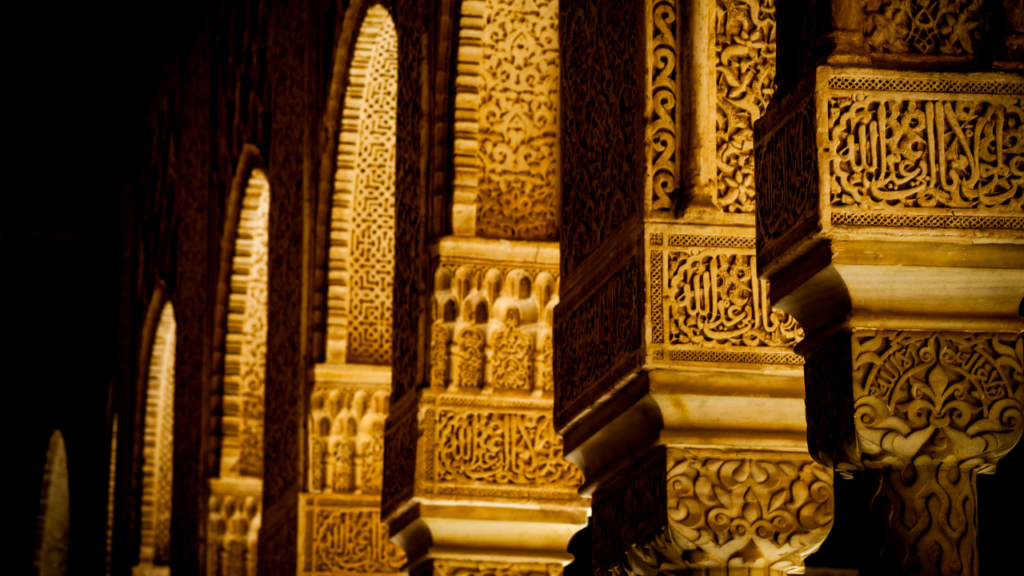
FAQs
What is the meaning of Dar al-Islam?
Dar al-Islam translates to “the abode of Islam.” It refers to regions where Islamic law (Sharia) is the foundation of governance and where Muslims can freely practice their faith.
How does Dar al-Islam differ from other regions?
Dar al-Islam differs from regions like Dar al-Harb (the abode of war) where Islamic law is not established and Islamic faith may not be freely practiced. It signifies a place of peace and Islamic governance.
Is Dar al-Islam a political term?
Originally, it had political connotations, distinguishing between lands under Islamic rule and others. Today, it can also represent a cultural and religious identity rather than strict political governance.
Can non-Muslims live in Dar al-Islam?
Yes, non-Muslims can and do live in areas considered Dar al-Islam. Historically, they were given certain protections and rights as “dhimmis,” and in modern contexts, many Islamic nations strive for equal rights for all citizens.
Are there countries today that can be considered Dar al-Islam?Are there countries today that can be considered Dar al-Islam?
Many countries with predominantly Muslim populations and where Islamic law influences the legal system can be considered Dar al-Islam, though interpretations and implementations vary widely.

